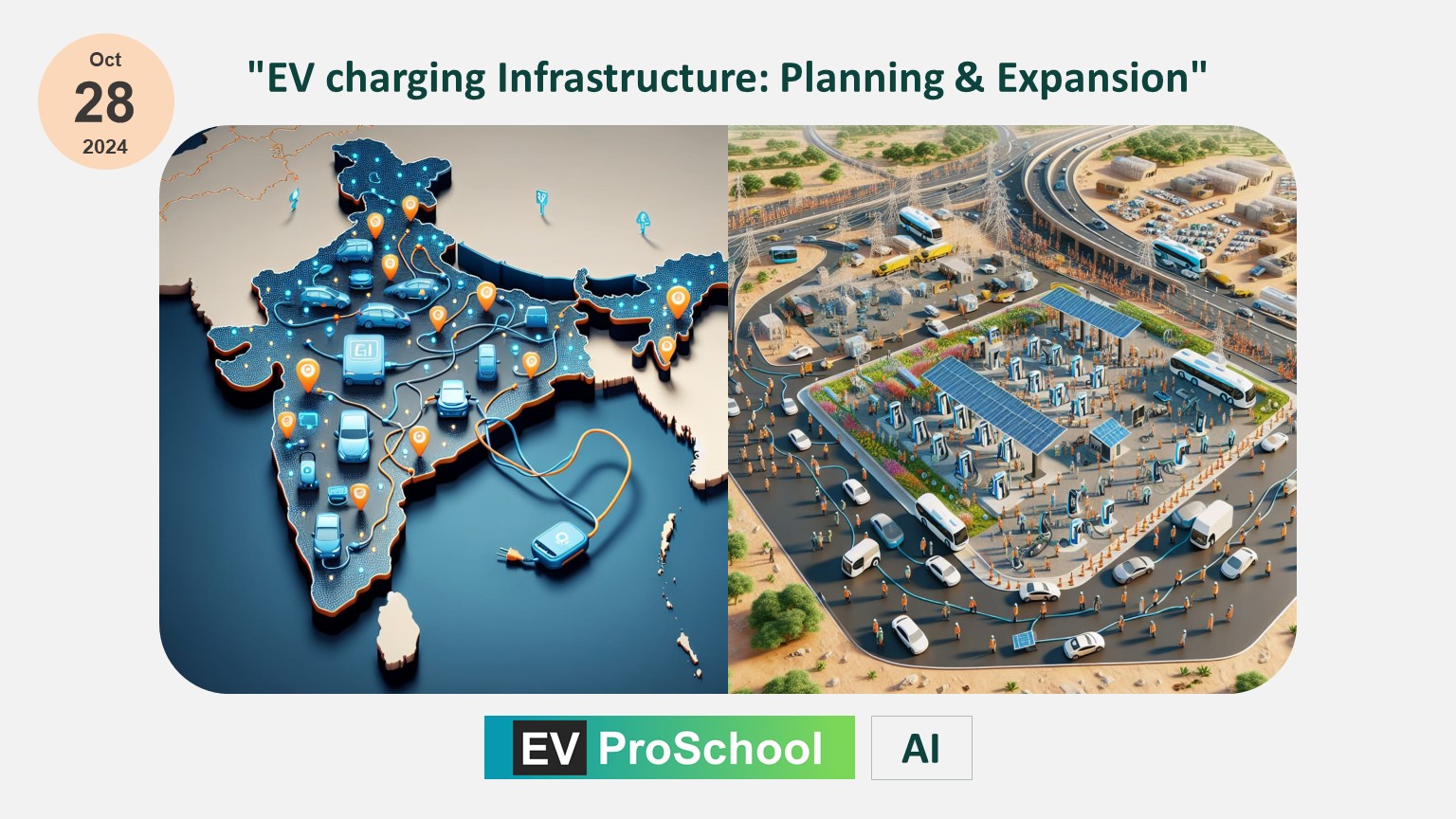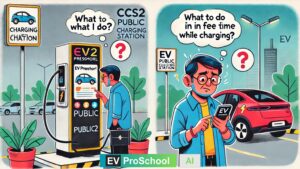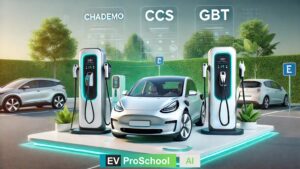As India races toward a future dominated by electric vehicles (EVs), one of the key challenges is ensuring adequate charging infrastructure across the country. To support the rapid growth of EV adoption, the Indian government, along with private players, is laying out a comprehensive strategy to expand charging stations and develop the necessary ecosystem. In this blog, we’ll explore the current initiatives, plans, and upcoming innovations that are shaping the future of EV charging infrastructure in India.
1. Central Government’s EV Charging Infrastructure Policies
The Indian government recognizes that a robust charging network is essential for EV adoption. Some of the key policies and initiatives that are shaping the expansion include:
- FAME II Scheme: The Faster Adoption and Manufacturing of Electric Vehicles (FAME) scheme, under its second phase, provides financial assistance for setting up charging stations. The target is to establish over 2,600 charging stations across 62 cities in India. These stations will cater to electric two-wheelers, three-wheelers, four-wheelers, and electric buses.
- Public Charging Station Guidelines: To ensure nationwide coverage, the Ministry of Power issued guidelines that mandate a public charging station every 3 kilometers in cities and every 25 kilometers on highways. Additionally, at least one fast charging station is required every 100 kilometers on expressways and highways to alleviate range anxiety.
- Amendments to Building Codes: To encourage residential charging, the government has introduced amendments to building codes, making it mandatory for new residential and commercial buildings to allocate at least 20% of their parking space for EV charging points. This will significantly ease access to charging for private EV owners.
2. State-Level Initiatives
In addition to the central government’s efforts, various states are rolling out their own EV policies, which include incentives for setting up charging stations:
- Delhi: As part of the Delhi EV Policy, the state has introduced subsidies for setting up private charging points in homes and offices, offering up to ₹6,000 per charging point. The goal is to install at least 100 EV chargers in every neighborhood by 2025.
- Maharashtra: Maharashtra’s EV policy focuses on developing 2,500 charging stations in major cities like Mumbai, Pune, and Nagpur by 2025, with a mix of public and fast charging points.
- Tamil Nadu: Known for its industrial base, Tamil Nadu is attracting investment in EV manufacturing and aims to install over 1,500 charging stations along highways and urban areas by 2024. It is also pushing for the integration of renewable energy sources to power these stations.
3. Involvement of Private Sector and Startups
Recognizing the potential of EV infrastructure, several private companies, including startups, have entered the EV charging market. Here’s how they are contributing:
- Tata Power: One of the leading players in India’s EV charging space, Tata Power has installed over 3,000 charging stations across the country. Their goal is to set up 25,000 EV chargers by 2025, with a mix of slow and fast chargers, both for homes and public use.
- ChargeGrid by Magenta: Magenta’s ChargeGrid is building an extensive network of smart charging stations across urban centers and highways, integrating solar power to make EV charging more sustainable.
- Ather Energy: While known for its electric two-wheelers, Ather Energy has also set up a growing network of fast-charging stations (Ather Grid) across India. They are focused on providing fast-charging solutions for two-wheelers and ensuring their network expands along with their product base.
4. Focus on Fast Charging and Battery Swapping
The Indian government is also pushing for faster and more convenient charging solutions:
- Fast Charging Stations: Fast chargers significantly reduce the time needed to charge EVs, making them critical for long-distance travel. Companies like ABB and Fortum are partnering with local authorities and businesses to install fast chargers in key locations.
- Battery Swapping: The government launched a Battery Swapping Policy in 2023 to address the challenges of long charging times. This is particularly useful for commercial fleets (such as e-rickshaws and e-bikes), where vehicles can swap out depleted batteries for fully charged ones in a matter of minutes. Companies like Sun Mobility and Lithion Power are spearheading battery swapping stations in several cities.
5. Integration with Renewable Energy
A significant aspect of India’s EV charging infrastructure expansion is its alignment with renewable energy sources. With a growing emphasis on clean energy, many charging stations are being powered by solar or wind energy. This reduces the carbon footprint of the charging process and aligns with India’s broader goals of cutting greenhouse gas emissions.
- Solar-Powered Charging Stations: Many cities, especially in southern India, are experimenting with solar-powered EV charging stations. This integration with renewables makes the charging infrastructure more sustainable and cost-effective in the long run.
6. EV Charging Along Highways
To ensure seamless inter-city travel for EVs, India is focusing on installing charging stations along its national highways. Under the National Highways Authority of India (NHAI), efforts are being made to install EV charging stations at toll plazas and rest areas. This will encourage EV users to travel longer distances without worrying about running out of power.
Conclusion
India’s EV journey is rapidly evolving, with a clear focus on building a comprehensive and accessible charging infrastructure. From government policies and state-level initiatives to private investments and renewable energy integration, India is leaving no stone unturned in creating a robust EV ecosystem. As these initiatives unfold, the expansion of EV charging stations will play a pivotal role in accelerating the adoption of electric vehicles across the country.
Suggested Questions:
- Charging Infrastructure for 2W & 3Ws in India
- How many charging stations are in India as of Today
- No of Charging stations are required to resolve charging anxiety concerns



